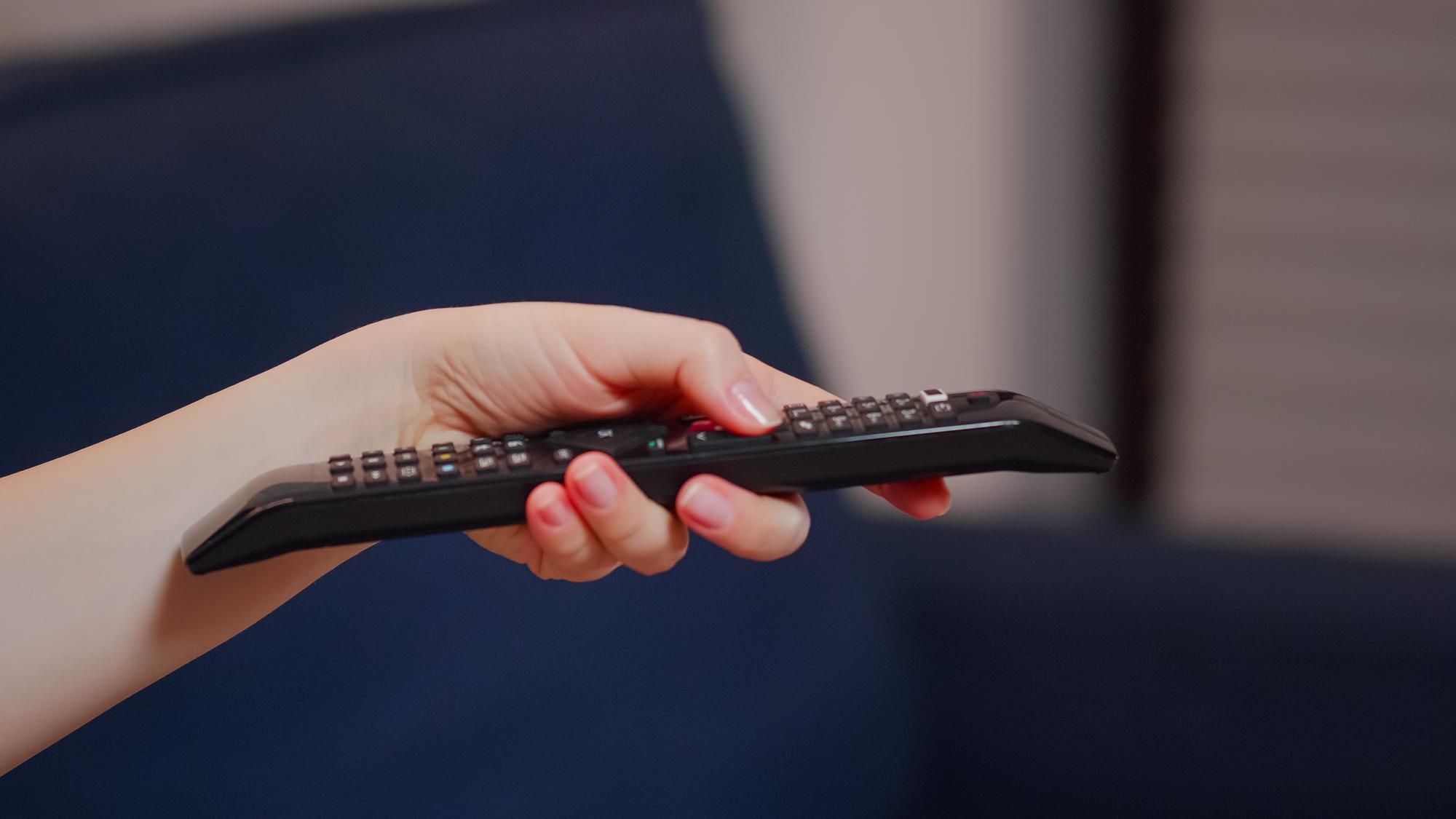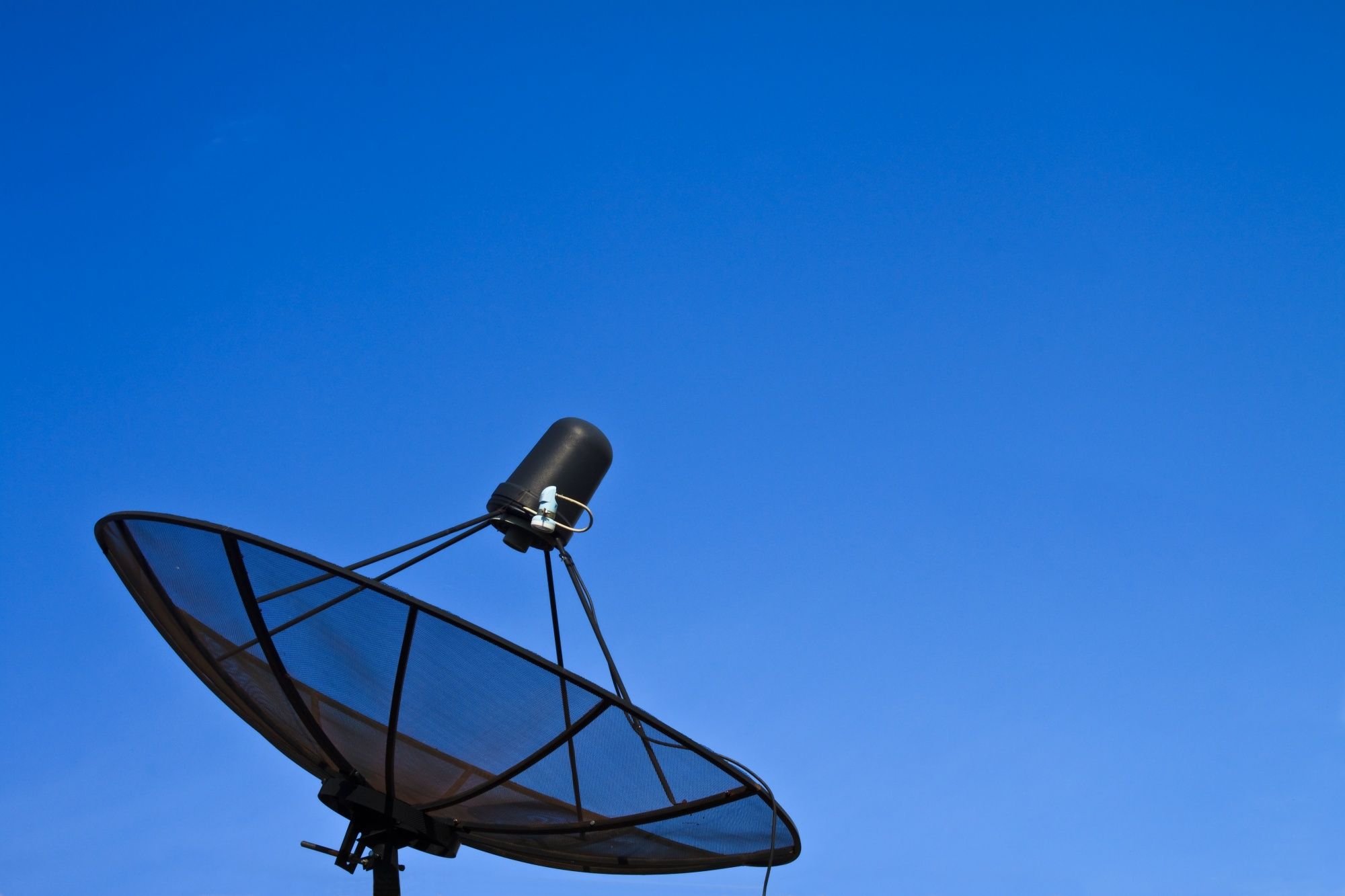Cable TV and satellite TV have been two of the most popular options for home entertainment for many years. While both offer a wide range of channels and programming options, there are some key differences to consider when deciding which one is right for you. In this article, we’ll compare cable TV and satellite TV to help you make an informed decision.
Cable TV
Cable TV is delivered through a wired connection, usually using coaxial cables. Cable TV providers often offer bundled services with high-speed internet and home phone services. One of the biggest advantages of cable TV is that it generally offers a more reliable signal than satellite TV, especially during bad weather. Cable TV also tends to have a wider variety of local channels and regional sports networks.
One of the main drawbacks of cable TV is that it can be more expensive than satellite TV, especially when you add in the cost of the bundled services. Cable TV providers also often require you to sign a long-term contract, which can be a disadvantage if you’re not sure how long you’ll be living in your current home or if you’re planning to move soon.
Satellite TV
Satellite TV is delivered through a satellite dish that is mounted on the outside of your home. It offers a wider variety of programming options than cable TV, including more national and international channels. Satellite TV providers also often offer more flexible pricing options, including pay-as-you-go plans and no-contract options.
One of the biggest drawbacks of satellite TV is that the signal can be affected by bad weather, such as heavy rain or snow. This can cause temporary outages or disruptions in service. Satellite TV also requires a clear line of sight to the satellite, which can be an issue if you live in an area with a lot of trees or tall buildings.
Which one is right for you?
When deciding between cable TV and satellite TV, it’s important to consider your budget, the types of programming you want to watch, and the reliability of the signal in your area. If you’re on a tight budget and mostly watch local programming, cable TV may be a better option for you. If you’re interested in a wider variety of national and international channels and are willing to deal with occasional signal disruptions, satellite TV may be a better fit.
Another factor to consider is whether you’re willing to commit to a long-term contract. Cable TV providers often require long-term contracts, which can be a disadvantage if you’re not sure how long you’ll be living in your current home. Satellite TV providers often offer more flexible pricing options, including pay-as-you-go plans and no-contract options.
It’s also a good idea to research the available providers in your area and compare pricing and package options. Some cable TV providers may offer special promotions or discounts for new customers, while satellite TV providers may offer more flexible pricing options.
In conclusion, both cable TV and satellite TV offer a wide range of programming options and can be a great way to enhance your home entertainment experience. When deciding between the two, consider your budget, the types of programming you want to watch, and the reliability of the signal in your area. It’s also a good idea to research the available providers in your area and compare pricing and package options.








